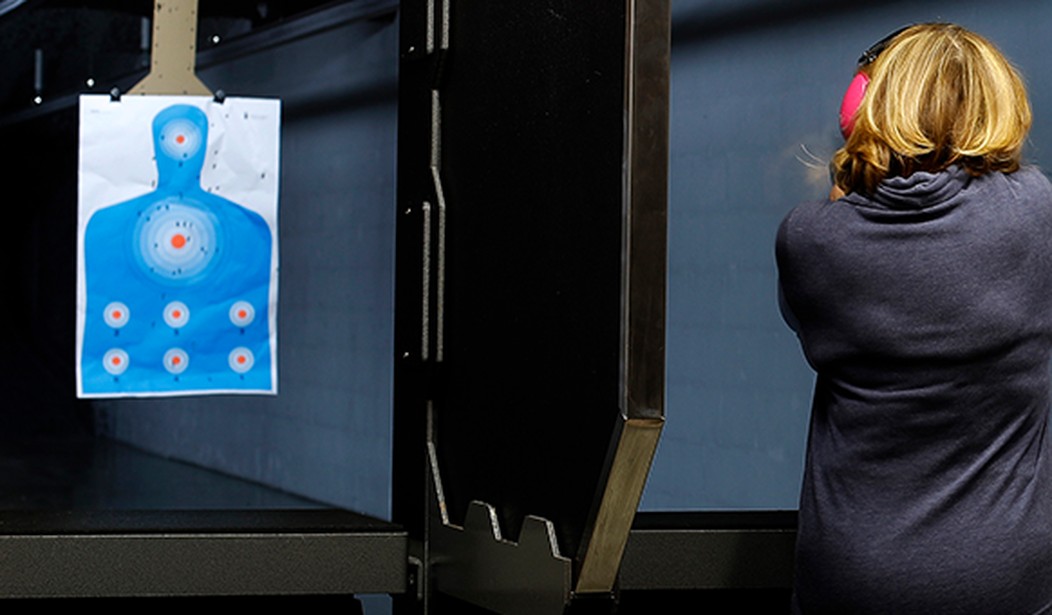Back in 2018, the Illinois legislature approved a bill establishing a Extreme Risk Protection Order, otherwise known as a “red flag law.” The law allows for family members, police, and prosecutors use the courts to bar legal gun owners from possessing or purchasing a firearm for up to six months, as long as a judge finds a preponderance of evidence demonstrating the subject of the ERPO petition is a danger to themselves or others.
Like other red flag laws around the country, Illinois’ ERPO law has some fundamental flaws, including a lack of due process (guns can be seized before the subject of the order ever attends a court hearing or is allowed to present evidence in their defense) and an unfair playing field, since ERPO petitions are held in civil court where defendants are not entitled to representation by a public defender if they can’t afford an attorney.
In the more than two years that the law has been on the books in Illinois, it hasn’t gotten much use, but gun control advocates are hoping that will change now that Gov. J.B. Pritzker has signed a bill expanding the law and setting up a state commission designed to promote red flag seizures.
State Rep. Denyse Stoneback (D-Skokie) introduced the measure in the Illinois House.
“Increased awareness and education about the Firearm Restraining Order law, as well as vigorous implementation, will no doubt save lives and prevent gun tragedies,” Stoneback said.
Oh, I have doubts. For instance, if red flag laws are truly effective at preventing suicides (as supporters claim), then why have suicide rates increased in Connecticut and Indiana, where red flag laws have been on the books for about two decades (Connecticut’s law was approved in 1999 and Indiana’s in 2005)? In fact, in 2017 Indiana saw its highest suicide rate in 50 years, which would suggest that the red flag law isn’t doing much at all to actually save lives.
Illinois already has a civil commitment law on the books, but since the use of that law requires medical professionals to diagnose someone as a danger to themselves or others rather than letting a judge make that determination without even speaking to the subject of a red flag petition, it’s no wonder that gun control activists would rather push Extreme Risk Protection Orders. Compared to the due process involved in a civil commitment, red flag laws are a much easier way to take someone’s firearms away even if they haven’t been accused of a crime.
Of course like most other red flag laws, Illinois’ law doesn’t require that someone deemed by a court to be a danger to themselves or others receive any mental health treatment. No, it simply takes their guns away and considers the problem solved. Politicians love easy solutions like this, even if they don’t actually solve much, because they can at least claim they’re doing “something” to address the issue. When it comes to mental health, however, Illinois’ lawmakers are failing miserably.
Rooted in disinvestment and growing amid economic repercussions of the COVID-19 pandemic, Illinois is facing a statewide mental health crisis due to workforce shortages and accessibility.
“It’s been recognized that we are no longer in an emergency, we’re in a crisis,” said Marvin Lindsey, CEO of the Community Behavioral Healthcare Association of Illinois, which is a statewide association of mental health, substance abuse and youth service providers.
Lindsey was also the chairman of the Behavioral Health Workforce Education Center Task Force that reported their findings to the General Assembly in 2019.
… While the shortages have impacted nearly all demographics, the lack of access to resources and services is especially relevant in rural areas and among low-income and underinsured individuals and families, which has created “mental health deserts,” according to lawmakers and mental health providers.
In fact, the task force’s report found 30.3% of Illinois’ rural hospitals are in designated primary care shortage areas and 93.7% are in designated mental health shortage areas.
In some cases, Illinois lawmakers note, residents are expected to travel over 250 miles from their home to access necessary resources, some even turning to out-of-state care. While demand for quality mental and behavioral health care increases, the workforce is dwindling, Lindsey said.
Instead of addressing the real issue of access to mental health treatment, the Democrats in Illinois are simply doubling down on the fundamentally flawed red flag law. I suppose that shouldn’t come as a shock to gun owners in the state, since that’s also exactly what the legislature did with the state’s Firearms Owner ID card earlier this year. Rather than repeal the law in the face of the state’s inability to process applications in a timely manner (many gun owners are waiting a year or more for approval even though the state is mandated to process applications within 30 days), lawmakers instead approved a bill that raises fees for FOID card holders and mandates universal background checks on all gun transfers.
In both cases, legislators supposedly aimed to reduce violent crime, but their efforts are squarely directed at legal gun owners. With anti-gun lawmakers in control of the state government in Springfield perhaps its too much to hope for anything different, but Illinois residents are going to be living (and dying) with the consequences of the Democrats’ off-target attacks on the right to keep and bear arms for the foreseeable future.










